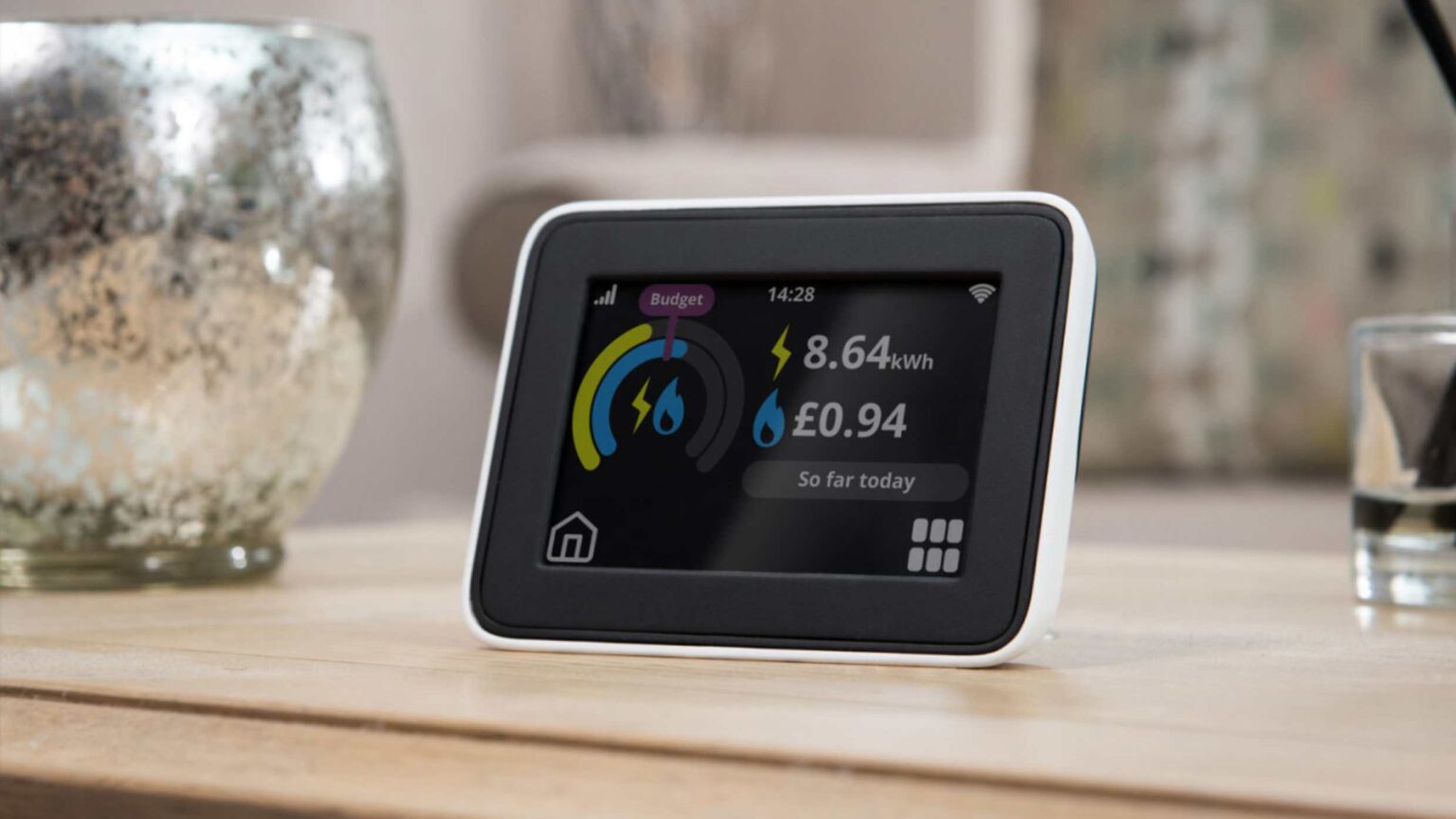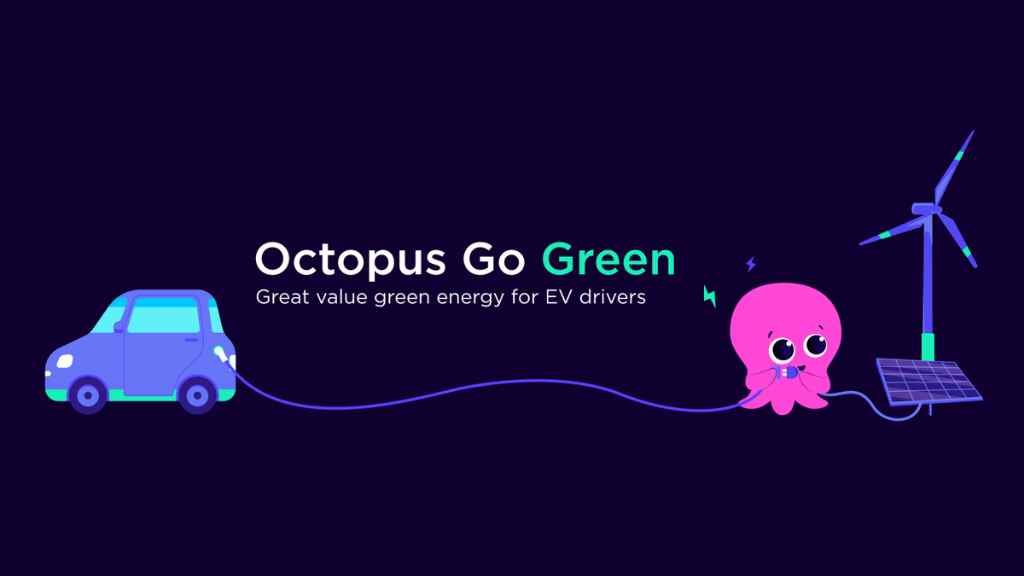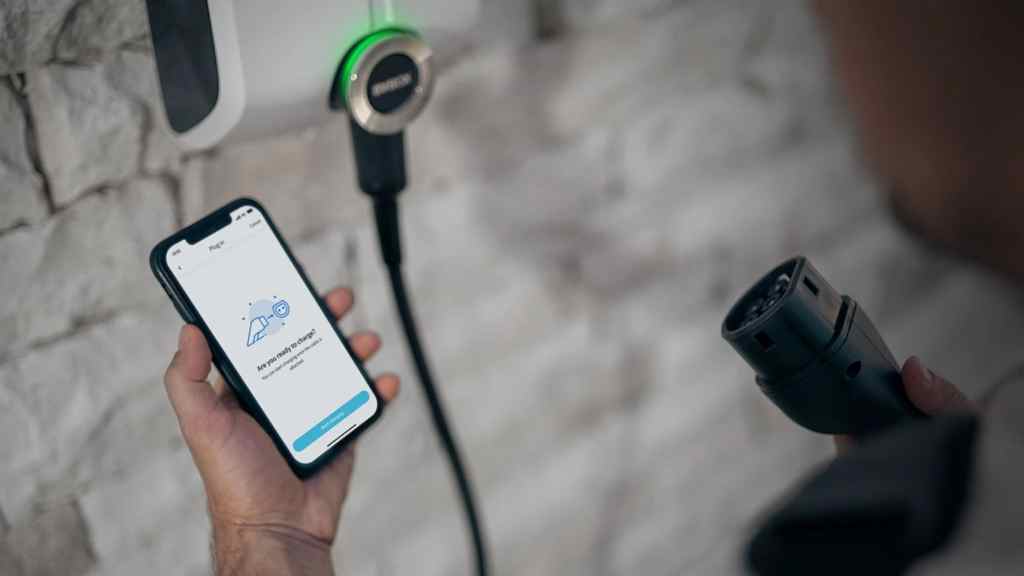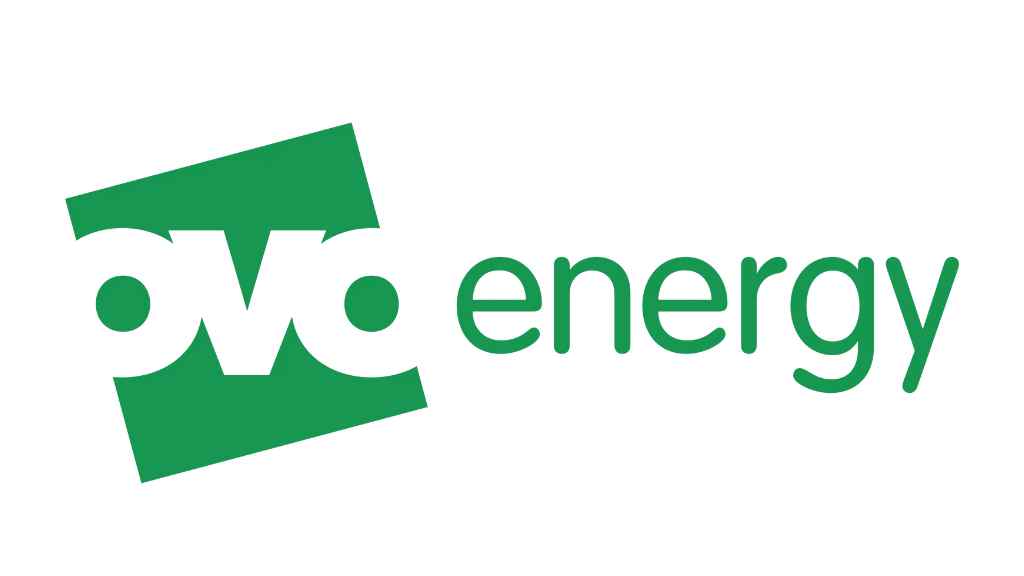
Despite the increase in the cost of electricity we have seen recently, it is still possible to charge your EV at a fraction of the cost it is to fill a typical car with petrol.
Whilst it is still much cheaper than petrol or diesel, to charge an EV at home at the standard electricity rate, you can save even more by switching to an EV or smart tariff, that will give you a greatly reduced electricity rate for charging your EV and at certain times of day.
“Charging an EV using a Smart Tariff is a 1/7th of the cost it is to fill a car with petrol or diesel”
There are lots of different EV focused tariffs out there from most of the energy providers, making the choice of provider potentially very confusing, so we will try to simplify the choices that are out there, as well as explaining other important things to consider before you switch to one of the ‘smart tariffs’, as you need to consider how you consume energy in your home as well, before you make any kind of tariff switch.
A recent study by Andersen EV has calculated using RAC data that a typical smart charged EV driving 12000 miles pa will only cost £218 pa to charge as opposed to its equivalent petrol version that would cost £1545 pa, saving £1327pa, giving EV’s running costs that are a 1/7th of the equivalent petrol or diesel car when charged using a smart tariff.
“12000 miles pa can cost as little as £218pa using a smart EV tariff”
In order to be able to obtain these smart tariffs you need to have a smart meter installed, and when you look at the intelligent tariffs you will also need to have a smart charge point, and a compatible EV.

These are tariffs where you simply get a fixed and cheaper rate of electricity when charging overnight in a specified time slot.
These tariffs are applicable to any EV, and any charge point, and offer a fixed time slot at a reduced electricity rate (normally overnight for 4 or 5 hours).
Good for:
Whilst you get a cheaper rate of electricity for your overnight time lot (7p-9p per kWh) you will then be charged a higher rate than standard for your energy consumption the rest of the time. So you really do need to look at how much energy you use to run your home during the day, compared to how much energy you are using to charge your EV.
“Whilst you get cheaper overnight energy your standard daytime energy price will increase, so you need to be mindful of what you use at home in the day as well as how much you need to charge into your EV”
If you do only low miles in your EV and you have a high daily consumption of electricity in your home switching to a cheap rate EV tariff may actually cost you more money, so it is important to look at your energy consumption and costs, and how you can manage your energy consumption at home.
Tip: these tariffs cover all energy used in a cheap off-peak time slot, so the more of your household consumption you can move to this time the more money you will save. For example, we run the washing machine and dishwasher during off-peak hours, when the EVs are also charging.
Example:
We are a household with 3 EVs and between us, we drive about 80 miles per day on average (and we take it in turns to charge each night). At a standard 25p pkWh rate it would cost us approx. £5 per day to charge our cars. At our 8p pkWh off peak rate this only costs us £1.60 per day, a £3.40 per day saving. We also save a further £0.70p per day by running the washing machine and dishwasher during our off-peak hours. A total saving of £4.10 per day, £1500 pa approx.
We do however pay an additional 5p pkWh on our energy used during the rest of the day, however, we have solar and storage and with our managed consumption we only use an average of 5kWh of grid electricity per day, costing us an additional 25p per day more than it would if we had a standard tariff.
So in our example, we are £3.85 per day and £1400 pa better off having switched to a simple EV off-peak tariff.
There are now lots of off-peak tariffs emerging, and over time there will be loads however we recommend ‘Octopus Go’, (at the time of writing) and it is this tariff that has been used in the above example.


These represent the real future for EV charging and home energy tariffs. These combine your smart meter with a smart charge point to enable you to take advantage of a longer reduced rate charging period for your EV, as well as a reduced rate for energy used in the home at off peak times.
They are super clever and enable the energy provider to vary when it charges your car according to grid power availability and cost.
This enables them to provide the cheapest charging rates, as well as a longer daily guaranteed charge rate time.
Over time these tariffs will get smarter to include battery storage systems, and eventually even Vehicle to Home V2H technologies.
Good for:
These intelligent smart tariffs offer the cheapest charging rates (5p-8p pkWh) for the longest time periods (5-7 hours), and they offer the lower cost on peak rates as well.
So if you have a newer compatible EV (not all EV’s are compatible and you will need to check with your intended provider if your EV is) and a newer smart charge point, as well as a smart meter, these are the cheapest tariffs to go for.
At the time of writing there are 2 stand out options:
Octopus Intelligent
OVO Charge Anytime
If you have the right car and kit these are the tariffs to look at and to set your smart charger to be compatible too.
Good smart chargers such as the Indra Units and the Zappi are already configured for easy compatibility to these tariffs, making something that seems complex, very simple and designed to save you the most money possible.
If you would like to get a compatible smart charger installed, do contact us at Drive Green as we can help and advise as well as arrange your installation for you.

In summary, if you drive an EV you definitely must look at smart tariff charging. You need to choose a tariff to suit the charge point and car you have, and you also need to look at how you consume energy in the home. But generally, as an average EV user and a typical energy-consuming household, with the desire to manage your consumption to save money, switching to a smart tariff is sure to save you loads on the running costs of your EV.

Completely Green Limited is authorised and regulated by the Financial Conduct Authority. Firm Reference number – 790525. We are a broker and not a lender. If you are not happy with the service you have received, you have the right to refer your complaint to the Financial Ombudsman Service.
Please note: Whilst every effort has been made to ensure the accuracy of the used vehicle information and images on this website, some errors may occur. It is important that you do not rely solely on this information, prices or images, and check with us any items that may affect your decision to purchase a vehicle. For an example monthly price, please use the finance calculator on each listing to retrieve a quotation. Representative Hire Purchase Example: Total Deposit: £2000 and Agreement Duration: 48 Months. Representative Personal Contract Purchase Example: Total Deposit: £2000 and Agreement Duration: 48 Months and 8000 miles pa. Representative Personal Contract Hire Example: Total Deposit: 12 months initial rental and 5000 miles pa, and Agreement Duration: 48 Months and Admin Fee: £299. Risk based variable lending rates apply with rates starting from 6.9% APR.